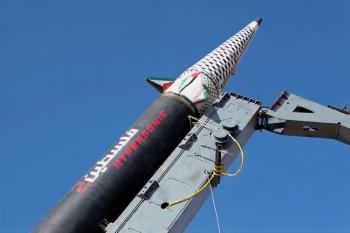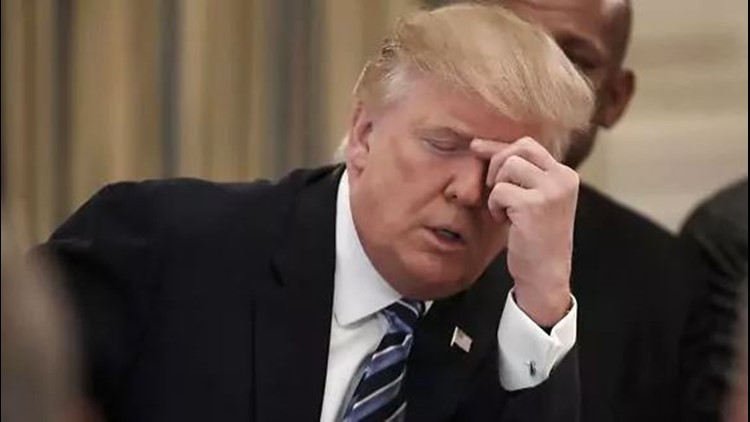Alwaght- The US has been appealing to its allies for help in obtaining medical supplies to overcome critical shortages in its fight against coronavirus, despite Donald Trump's rhetoric that his country would not rely on foreign nations for help.
“We should never be reliant on a foreign country for the means of our own survival,” Trump said at a White House briefing on Tuesday evening. “America will never be a supplicant nation.”
However behind the scenes, the administration has approached European and Asian partners to secure supplies of testing kits and other medical equipment that are in desperately short supply in the US, The Guardian reported.
According to the British daily, Trump spoke by phone with the South Korean president, Moon Jae-in, on Tuesday asking if his country could supply medical equipment.
The official White House account made no mention of the request, but according to the South Korean presidency, the Blue House, the call was made at Trump’s “urgent request”.
Trump praised the South Korean testing programme, which has helped contain the outbreak there. Moon told Trump that he would support South Korean exports of critical supplies to the US “if there is a domestic surplus”.
Foreign Policy reported that the third-ranking diplomat in the state department, David Hale, had asked for a list of countries that might be able to sell “critical medical supplies and equipment” to the US.
“Depending on critical needs, the United States could seek to purchase many of these items in the hundreds of millions with purchases of higher end equipment such as ventilators in the hundreds of thousands,” an email sent to embassies in Europe and Eurasia said.
The email underlined that the request applied to host countries “minus Moscow”.
On 15 March, German officials said they had fended off a Trump administration offer to buy exclusive access to a potential vaccine being developed by a German company, CureVac.
The US has scaled up its diagnostic testing after a slow start and Trump boasted on Tuesday that the country had performed more tests in eight days than South Korea had managed in eight weeks.
As of last week, South Korea had tested 270,000 people (one in 190 of the population) since the beginning of the outbreak while the US has performed 266,000 tests (one in 1,230) in the past eight days. Seoul also started testing much earlier in the country’s outbreak.
Some of the critical components of the diagnostic test are in short supply globally, including the reagents needed to identify the presence of the Covid-19 virus, and nasal swabs used for taking the samples.
The shortages will constrain the US ability to carry out mass testing in the near term, and the administration’s medical experts have been urging that tests are restricted to patients who have already been hospitalised.
On March 18, the Defense One military news site reported that the US air force had quietly flown half a million nasal swabs from Italy to Memphis, where they were distributed around the country.
The US is turning its allies at a time when it has strained relations with many of them. Trump has been demanding South Korea pay much more, reportedly up to $5 bn a year, to cover the costs of US troops based on its soil and the US military has threatened to lay off thousands of Korean employees if Seoul does not agree to a deal.
“It’s almost like we shouldn’t have used alliances as protection rackets, shaking down a close and highly-capable partner for $5 billion, imagining there would be no consequences for transactional unilateralism,” Mira Rapp-Hooper, senior fellow for Asia studies at the Council on Foreign Relations, commented on Twitter.
The US is by far the largest buyer of pharmaceuticals and medical supplies from China, and is seeking to import Chinese face masks and protective gear, but negotiations have been complicated by growing acrimony between the two countries, over what Trump has insisted until very recently on calling the “China virus”.
Severe disruptions in international air links caused by the outbreak have also disrupted US imports.
“It’s a supply chain which has multiple dynamically shifting bottlenecks and the administration is trying to overcome them one at a time, as they pop up,” Prashant Rao, visiting fellow at the Center for Global Development, said. “What we need is a far more comprehensive approach.”



























